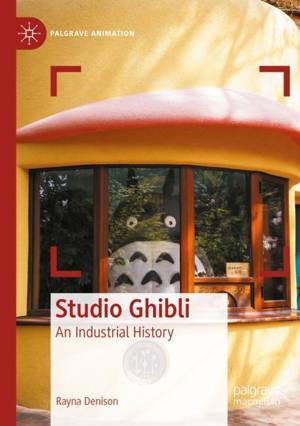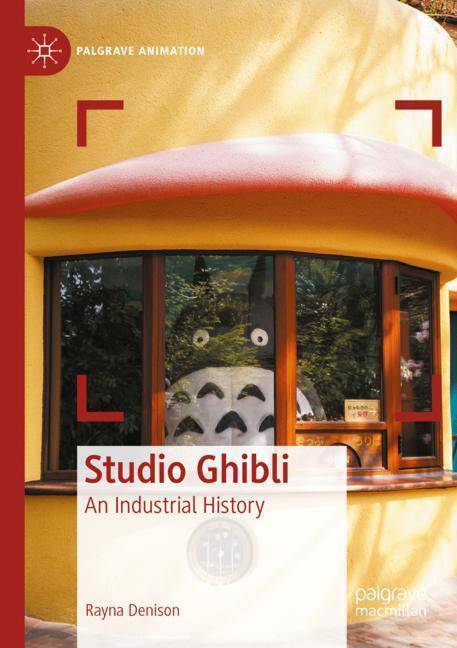
- Afhalen na 1 uur in een winkel met voorraad
- Gratis thuislevering in België vanaf € 30
- Ruim aanbod met 7 miljoen producten
- Afhalen na 1 uur in een winkel met voorraad
- Gratis thuislevering in België vanaf € 30
- Ruim aanbod met 7 miljoen producten
Zoeken
€ 149,95
+ 299 punten
Uitvoering
Omschrijving
Studio Ghibli: An Industrial History takes us deep into the production world of the animation studio co-founded by Oscar-winning director Hayao Miyazaki. It investigates the production culture at Studio Ghibli and considers how the studio has become one of the world's most famous animation houses. The book breaks with the usual methods for studying Miyazaki and Ghibli's films, going beyond textual analysis to unpack the myths that have grown up around the studio during its long history. It looks back at over 35 years of filmmaking by Miyazaki and other Ghibli directors, reconsidering the studio's reputation for egalitarianism and feminism, re-examining its relationship to the art of cel and CG animation, investigating Studio Ghibli's work outside of feature filmmaking from advertising to videogames and tackling the studio's difficulties in finding new generations of directors to follow in the footsteps of Miyazaki and Isao Takahata. By reconstructing the history of Studio Ghibli through its own records, promotional documents and staff interviews, Studio Ghibli: An Industrial History offers a new perspective not just on Ghibli, but on the industrial history of Japanese animation.
Specificaties
Betrokkenen
- Auteur(s):
- Uitgeverij:
Inhoud
- Aantal bladzijden:
- 221
- Taal:
- Engels
- Reeks:
Eigenschappen
- Productcode (EAN):
- 9783031168468
- Verschijningsdatum:
- 23/02/2024
- Uitvoering:
- Paperback
- Afmetingen:
- 148 mm x 12 mm
- Gewicht:
- 311 g

Alleen bij Standaard Boekhandel
+ 299 punten op je klantenkaart van Standaard Boekhandel
Beoordelingen
We publiceren alleen reviews die voldoen aan de voorwaarden voor reviews. Bekijk onze voorwaarden voor reviews.








